A summer playlist for whatever summer activities you get up to!
I’ve had most of these songs on repeat since Spring to be honest, but better late than never! Enjoy this playlist, friends!
—Sam

I’ve had most of these songs on repeat since Spring to be honest, but better late than never! Enjoy this playlist, friends!
—Sam

I’ve been listening to a ton of these songs on rotation, especially the Happy Fits (who are awesome!). Enjoy, and I hope you find some new favorites!
—Sam
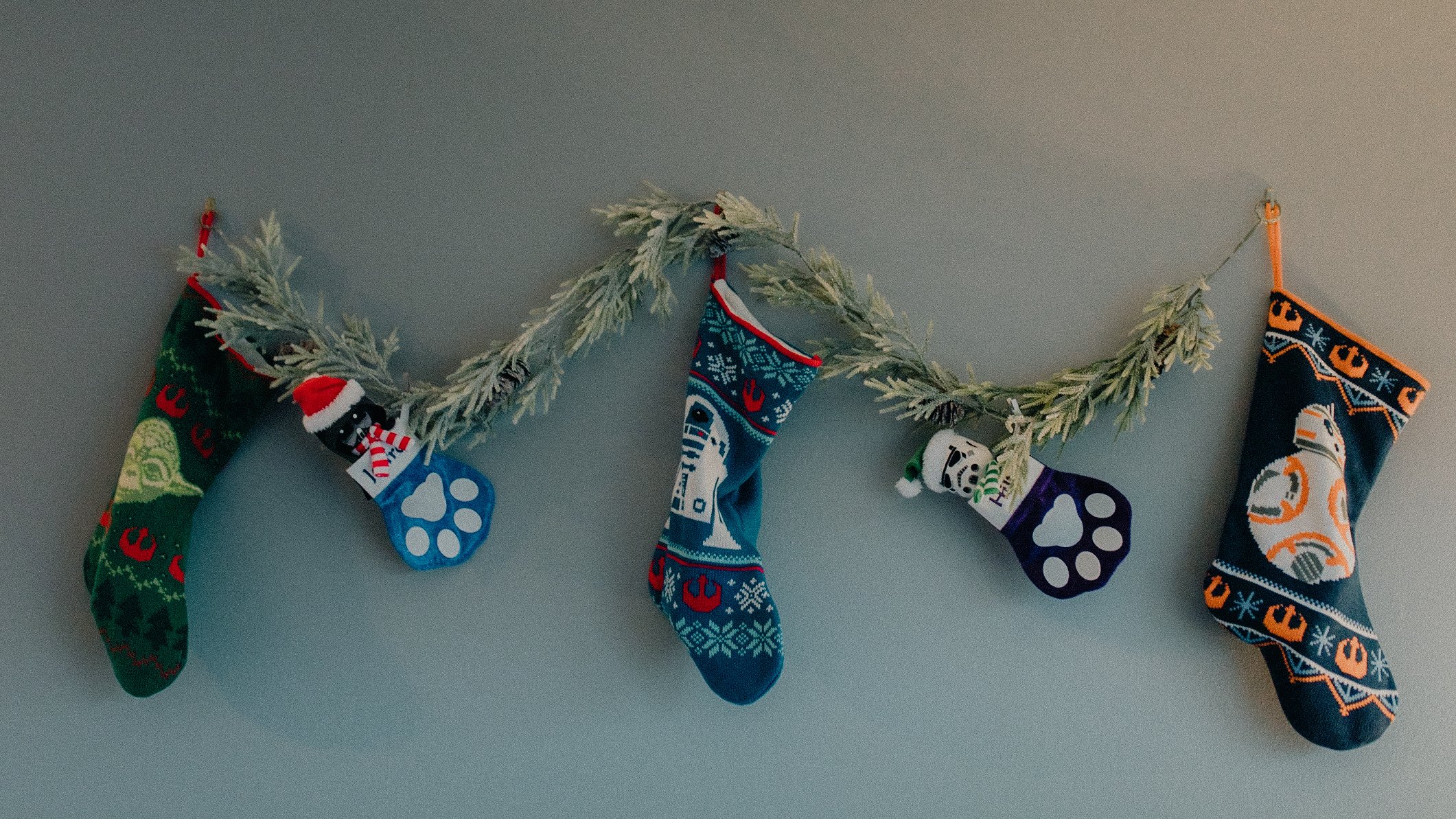
I mean I really freaking love them! So I made myself a little indie Christmas editing playlist to edit to over the holidays, with a few of my favorite older gems thrown in too. Enjoy, and happy holidays!
—Sam

We were able to spend time with my mother-in-law, sister-in-law, and my SIL’s family for Thanksgiving this year, which was a bittersweet blessing as it’s the first year since my father-in-law passed away. We ate lots of good food and spent some nice time together in his honor, and I’m very grateful for the days spent with my father-in-law, and for the smaller family gathering this year.
Here’s to bittersweet joy, and small comforts like creamed corn casserole. 💜
—Sam


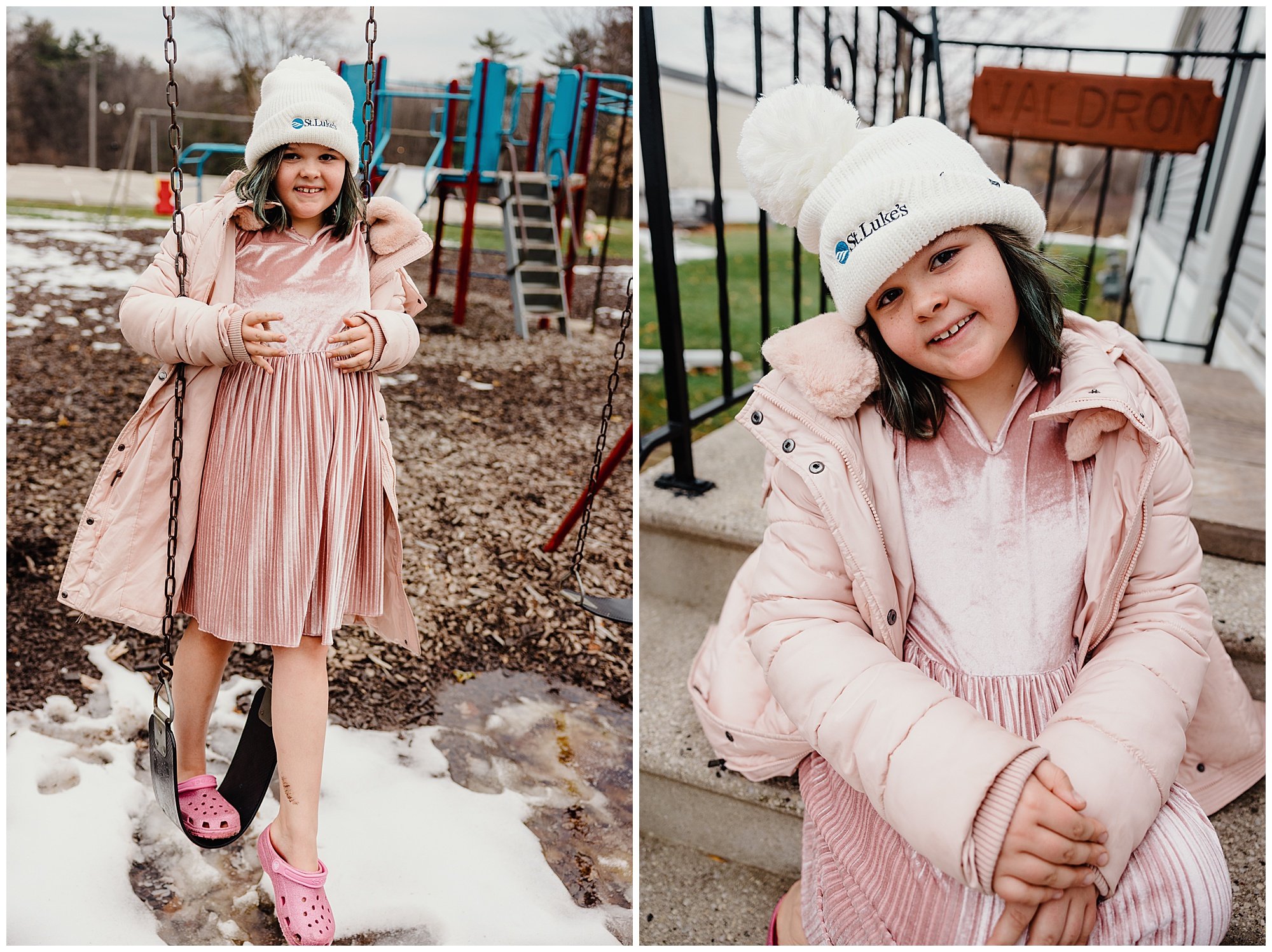
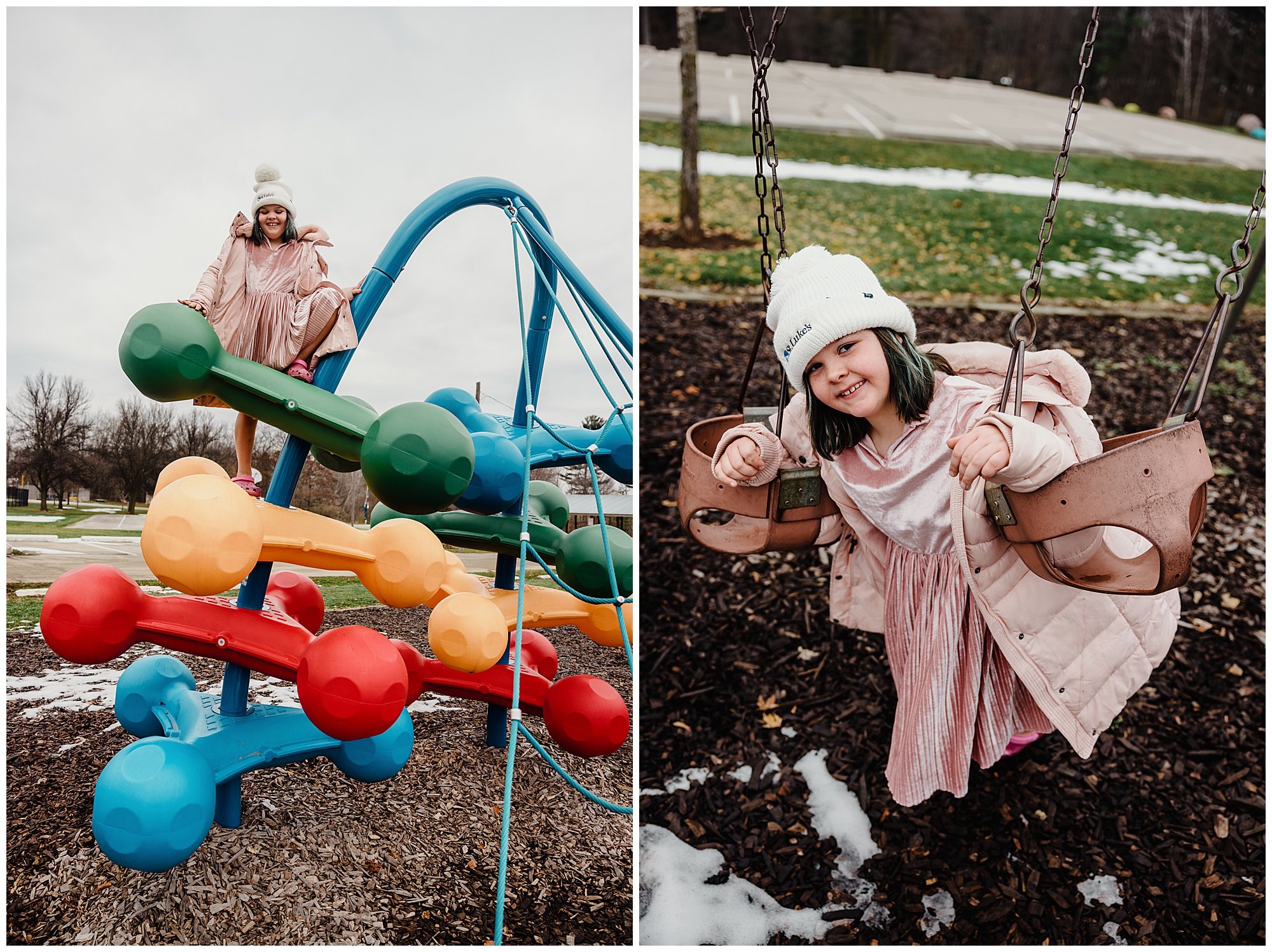

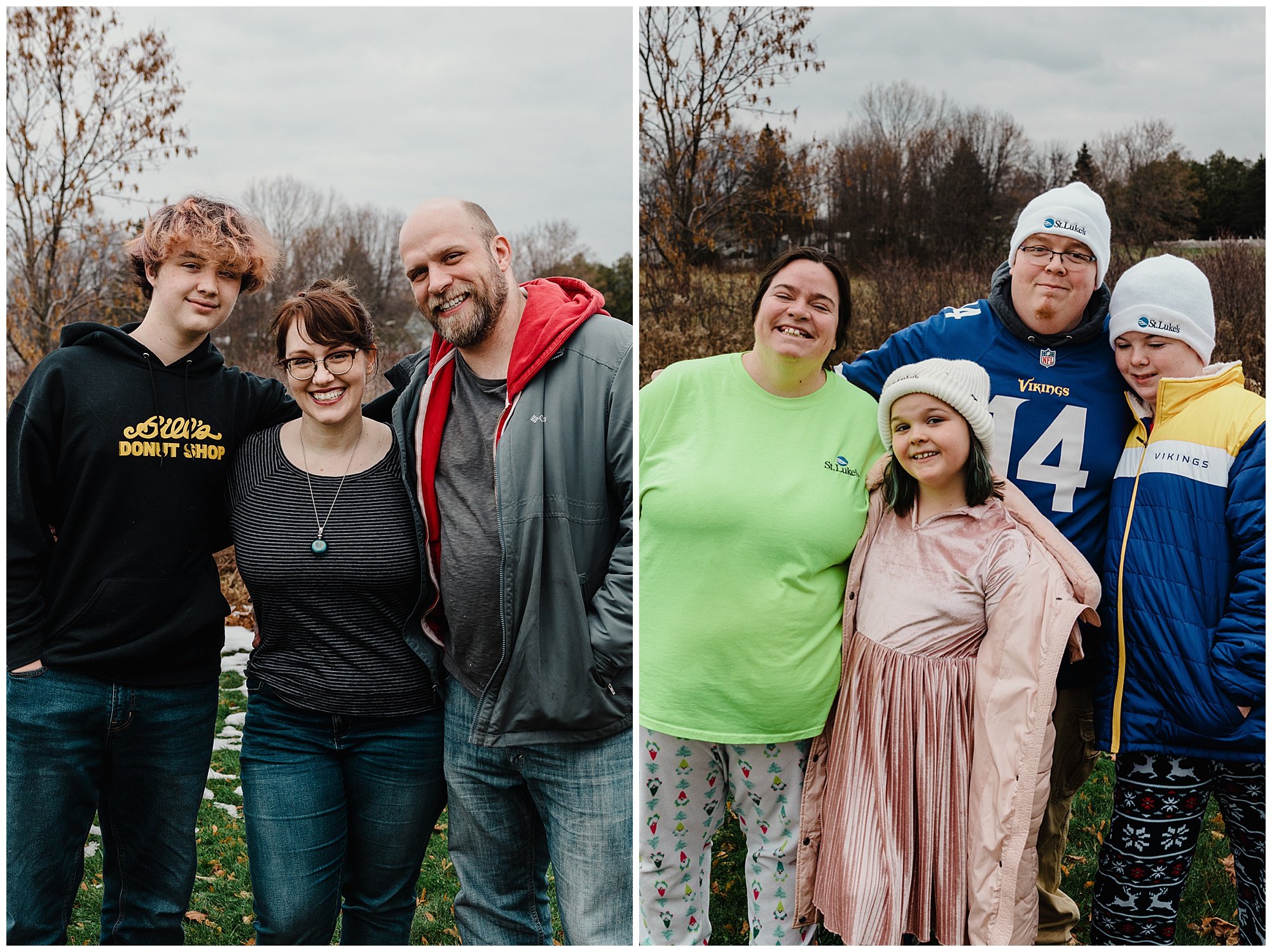


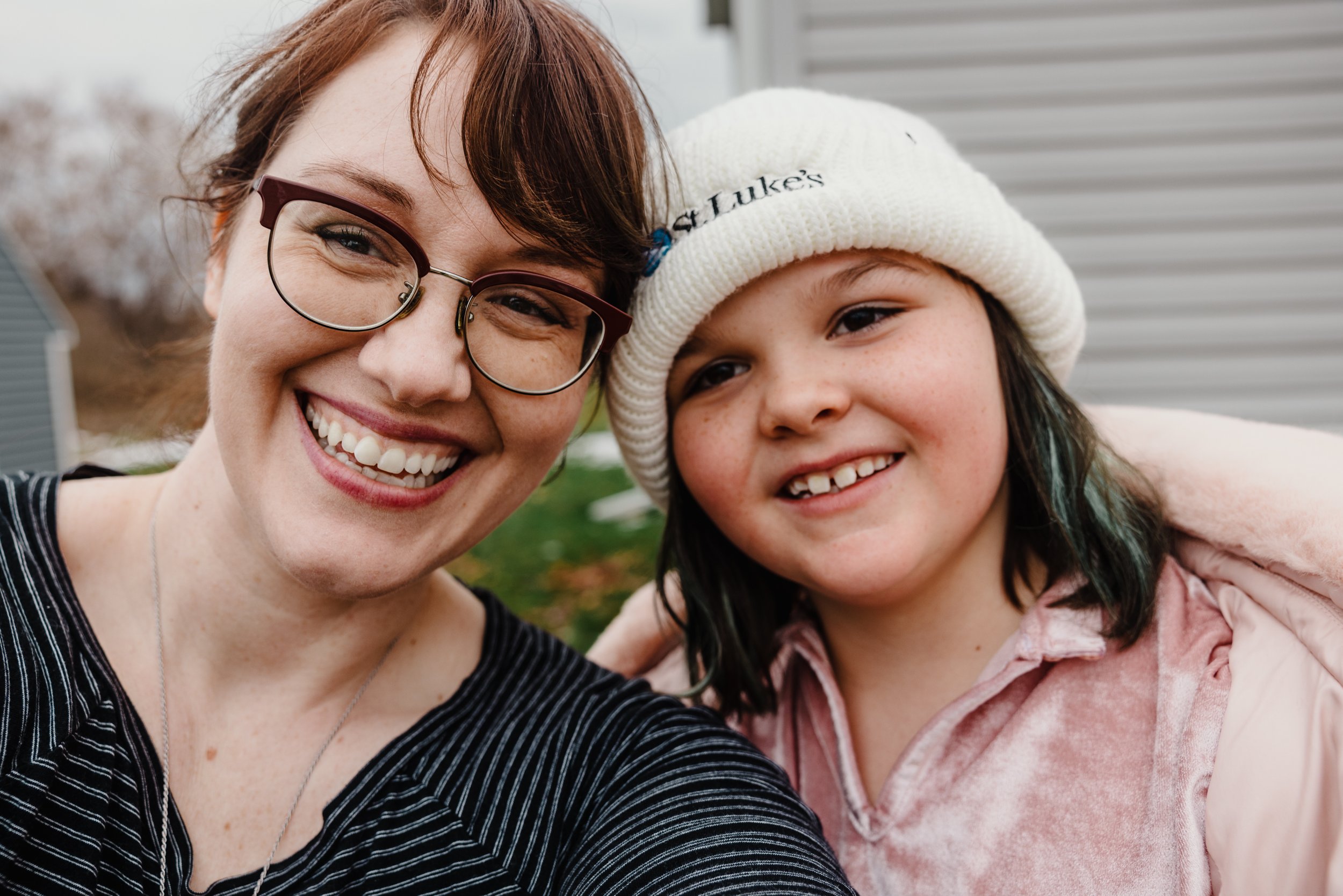

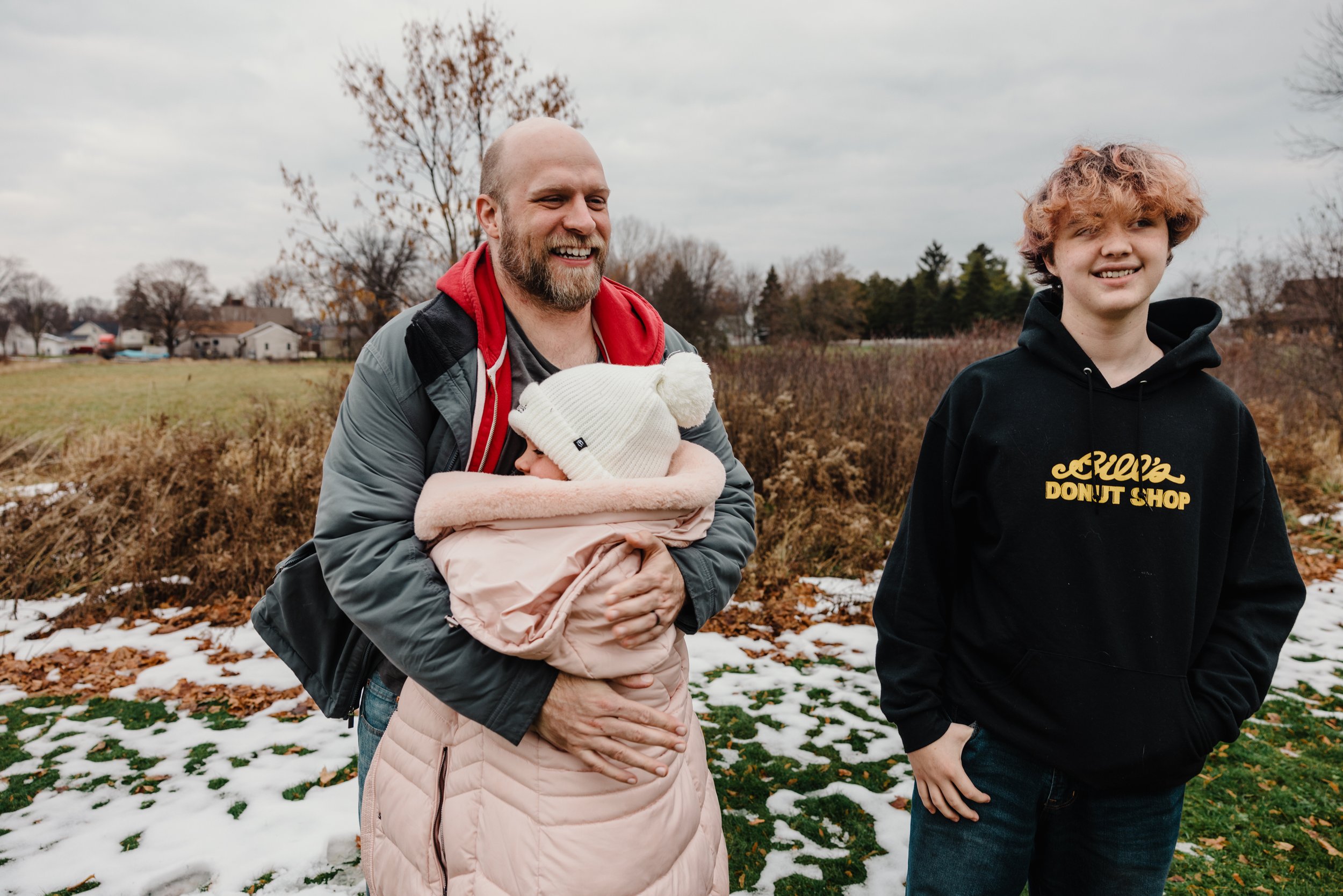
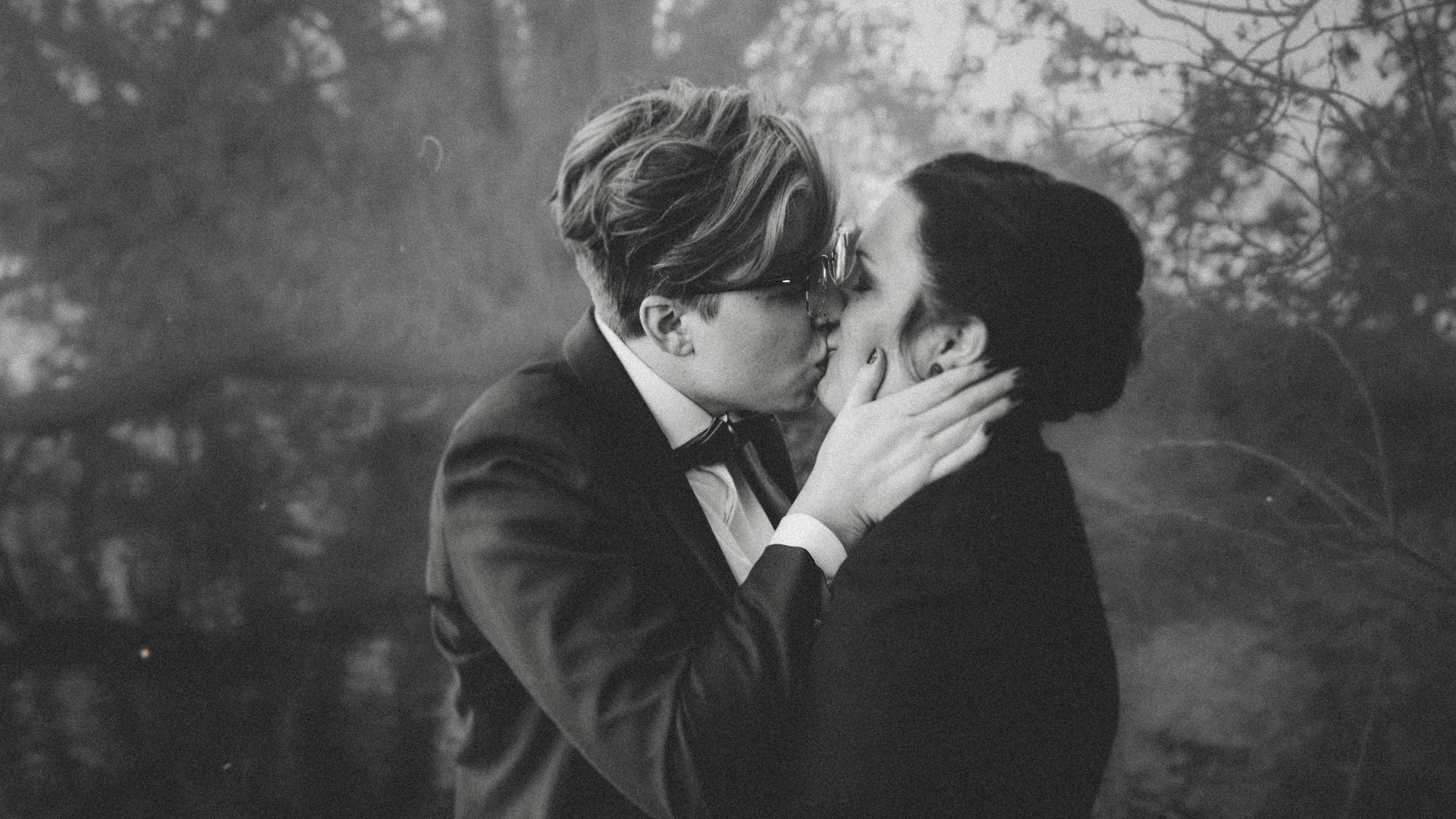
Note the Halloween and Spooky Season influences. ;) Feel free to put some of your current favorites in the comments, and enjoy!
-Sam

Feel free to put some of your current favorites in the comments, and enjoy!
-Sam
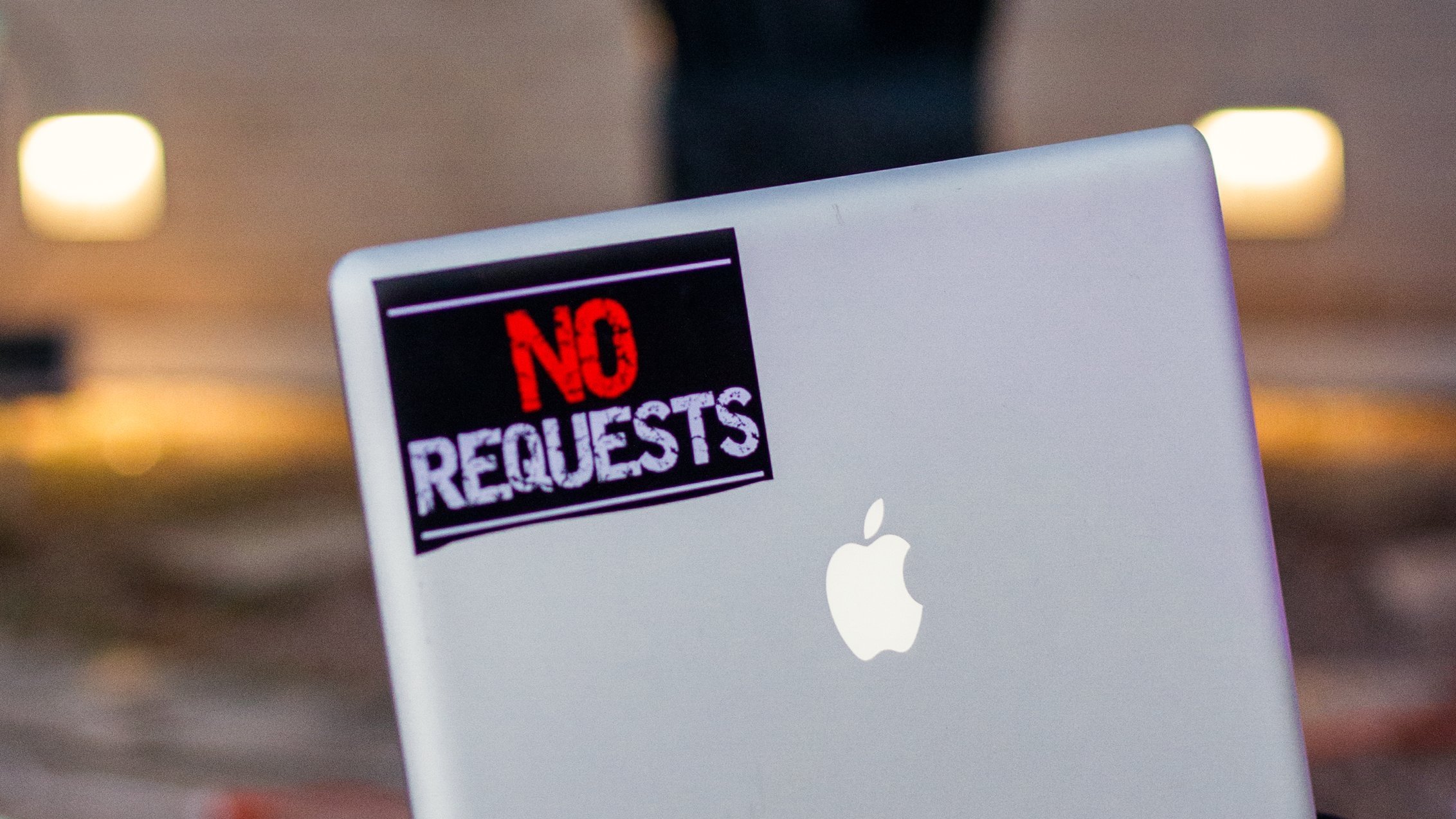
Okay, I’ve also been dancing around my living room to this playlist as well. You caught me. ;) Feel free to put some of your current favorites in the comments, and enjoy!
-Sam
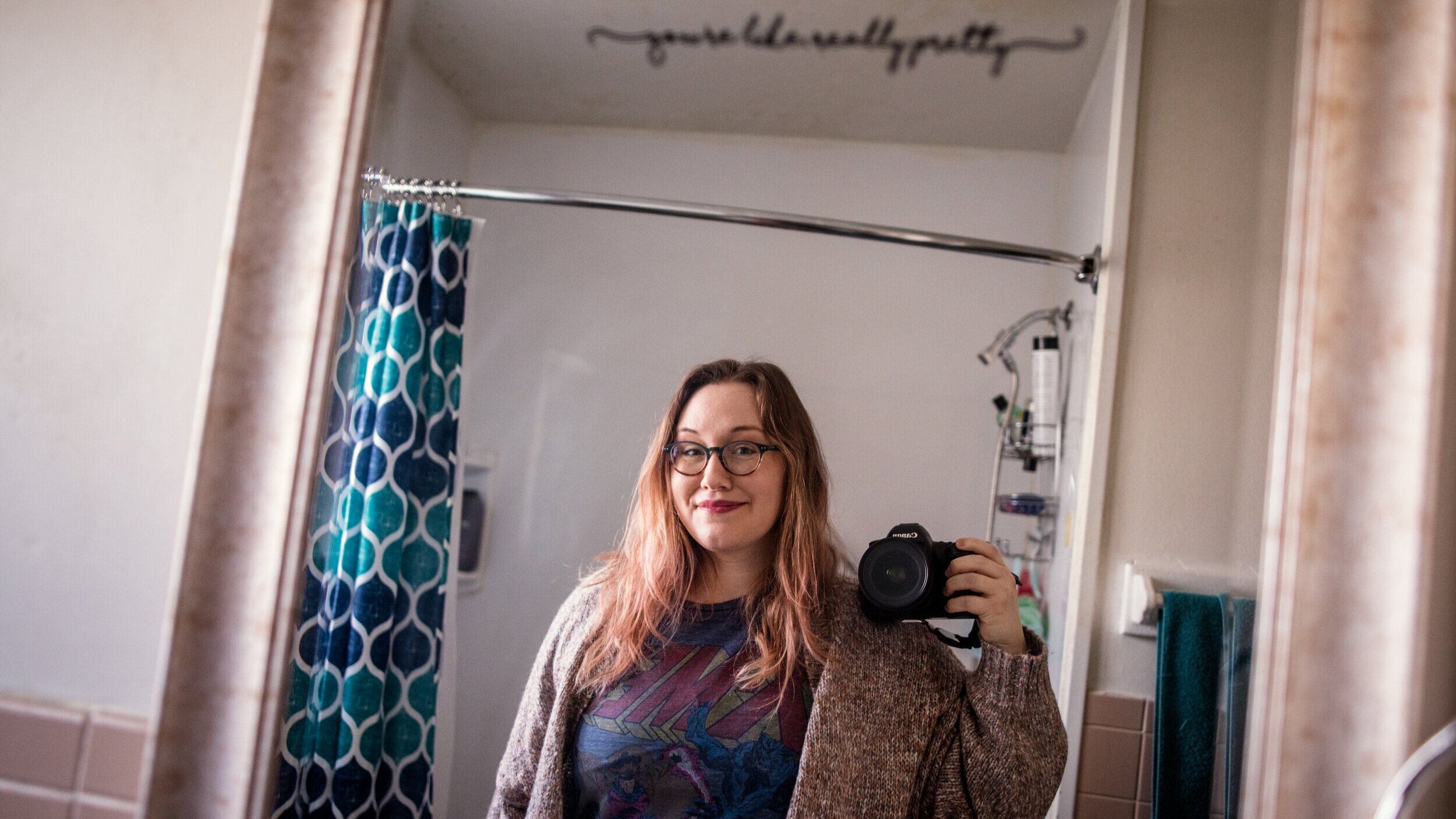
The Decision
"Have you ever thought of having a breast reduction?"
Adam (my husband) asked the question one night after I'd thrown my back out for the 3rd time in a 2 week period. I have hypermobile Ehlers-Danlos Syndrome (hEDS), which causes, among other things, chronic joint pain, joint instability, dislocations, and early-onset osteoarthritis. The effects of hEDS have been particularly hard on my spine as I've gotten older, in no small part due to my large chest size constantly pulling things out of whack. Before surgery, I was a 38H (and potentially bigger, because by the time I got to 38H territory, I was basically just always wearing sports bras). You can imagine the kind of strain that puts on even a non-hEDS spine, let alone one that is already compromised!
I was surprised by Adam's question. Not because I hadn't thought about it. In fact, when I was a DD in middle school, I thought about it a lot. I daydreamed about it in fact. I mean, I was in middle school and I wanted to wear tank tops with shelf bras like most of my friends; so who wouldn't daydream about having smaller breasts and being less noticeable in that area? But as I got older, I had accepted that large boobs were just part of who I was, like freckles and cat hair. I accepted this even as their size doubled during my pregnancy with Ben, and even as they never quite went back down to their pre-pregnancy size. No, I was surprised by the question because I had assumed that because Adam liked my boobs, he wouldn't want them to change, or would somehow have a hard time finding me as attractive if they were to get significantly smaller. And yeah, I know that shouldn't matter, blah blah blah, but it was a concern I had. He made it clear though that if it would help me have a better quality of life, he was 100% behind me and supportive.
That got me thinking about whether a breast reduction was the right decision for me, and whether insurance would cover it. I'm a person who loves to come at a problem with as much information as possible in order to make the best decision, so I did a TON of research, and joined an amazingly supportive Facebook group called Breast Reduction Surgery (Answer questions to join). I read basically every post I could and specifically looked for members who might also have hEDS to see what their experiences were. I thought a lot about how often I'd had to skip out of exercise because I didn't have a clean heavy duty sports bra to keep the girls strapped in place. I thought about how in the summer I would always have rashes underneath my breasts. I thought about how often my back hurt. I thought about how I had to sit very far away from tables and hunch over to eat, because my boobs were always in the way. I thought about all these ways, both big and small, that my large chest was a hindrance to just living my life the way I wanted to live it. It was late December 2019 when I decided that I was ready to take the next step, and I contacted my primary care physician to see what that next step would be. Turns out that the next step was a referral to UW Plastic Surgery.
Pre-Surgery Prep
I was initially scheduled for a consult with a surgeon I wasn't familiar with, but after the consult was scheduled, I was reading patient reviews online and realized that I just didn't feel comfortable going to that specific doctor, and called to re-book my consult with a doctor at the same clinic who had excellent patient reviews, specifically for breast reductions and reconstructions. I met with Dr. Afifi and Physician's Assistant Claire Chandler in late February 2020 for my initial consult. I'm not gonna lie, I had a strong emotional reaction to how the consult went down. Dr. Afifi and Claire were both very nice, and provided a lot of great information, but neither pulled any punches about the challenges that hEDS creates for surgery recovery. In addition to the items I mentioned above, hEDS also causes poor and delayed wound healing, which when a large amount of tissue is being removed, can pose some risks for large wound openings, and all sorts of other things that no one would want to deal with unless it were really worth it. Dr. Afifi told me flat out that from a pain reduction standpoint, I was a great candidate for the surgery, and he had no doubt he could get my size small enough to provide some relief from my crippling back pain, but that I had to really want the surgery, because my recovery would be longer than average, and more prone to healing complications. I am forever grateful for his honesty, but in truth it scared me, and I waffled back and forth after that visit for several months on whether or not I was truly ready to go through with surgery. They also took pictures at that visit, to submit to insurance along with my medical records detailing things like chiropractic visits, history of back pain and back MRIs, etc.
Side note here... As many of you probably know from my posts or knowing me in real life, I'm a fat lady who has worked very hard in the last few years to ditch diet culture, and embrace fat and body acceptance, and to make peace with my body. This can make visiting a plastic surgeon's office, even for something as medically necessary as a breast reduction, very fraught. It felt like being bombarded with messages about the acceptability of my body that I'd been actively trying to avoid. I don't want to scare anyone away from it, but I wasn't quite prepared for how that aspect of the consult would hit me, and while it's routine for a plastic surgeon to inquire about whether or not you'd like liposuction at the same time as your breast reduction surgery to improve your 'contour', out of pocket of course, I sat in my car and cried for probably 20 minutes after the appointment because my body image was just shot for the day. I point this out so that someone else who is on that same body acceptance journey isn't taken off guard if they have a similar situation or set of emotions at their consult. I want to stress that Dr. Afifi was not rude or judgmental in any way. This is just something that generally gets asked, and I wasn't emotionally prepared. One other thing I'll say on the topic of body and size acceptance and being anti-diet culture is that my insurance company at the time, Group Health Cooperative of South Central Wisconsin, did not require any weight loss prior to surgery, which I'm grateful for, despite my BMI (which is bullshit) being high. Some insurance companies do though, and some surgeons do as well regardless of insurance requirements, so this is something to be prepared for, and never hesitate to get a second opinion or a consult with another plastic surgeon!
Following the consult, I still wasn't 100% convinced I was going to go through with it, but I let them get me on the calendar for the pre-op, surgery, and post-op just the same, figuring I could always cancel if I decided to back out. I'm really glad I did that, otherwise it might have been easier not to go through with it. Ultimately, after lots of thoughts and research and agonizing, I became confident in my decision to go through with the surgery I was scheduled for on November 18, 2020. At the time I scheduled, pre-pandemic, I thought this was perfect timing because it would be after my busy wedding season (turns out I wouldn't have one of those in 2020), and would allow me plenty of time to recover before picking up a camera for weddings or portraits again. Well the pandemic came along and then I just assumed that the surgery would likely get pushed, but I got my approval letter from my insurance company, and before I knew it, my pre-op appointment had arrived. In discussing the after-surgery plan, Dr. Afifi and Claire said that while most people return to work in 2-3 weeks following surgery, they wanted me to take a full 4 weeks off to really focus on healing, as I was likely to have more healing complications. At this point there was one week to go.
Dr. Afifi called me the Sunday before my surgery to discuss any last minute questions, and to recommend a specific liquid supplement to aid in post-surgical healing. He asked me to start taking vitamins A and C, and to temporarily stop taking vitamins B and D (until 10 days post-surgery). The Sunday before my surgery I was probably at my most nervous (had a little mini panic attack in my bathroom worried that my scars would be horrible and that my proportions would be weird because I was so used to being the lady with big boobs), but thankfully, Dr. Afifi's call really helped calm my nerves, and from then until the surgery on Wednesday November 18, 2020, I was much less nervous than I anticipated.
Day of Surgery
One thing that was difficult about my surgery day is that I couldn't have anyone be with me while I waited to be taken to the operating room, due to COVID-19 restrictions. While I 100% understood the reasons why, I was afraid I would feel extra nervous being there by myself. That didn't end up being the case, but it was on my mind. Adam was home with Ben, so my friend Kate dropped me off for surgery, and drove me home once I was out. Once I got there, check-in took all of 5 minutes, and before I knew it, I was in a gown and those grippy hospital socks, peeing into a cup so that they could confirm I wasn't pregnant (spoiler: I was not). I was there for about 4 hours before surgery started, and during that time, the nurse took vitals, got my IV in (it always takes a few tries, due to the tricky veins associated with hEDS, and this time, it took 3 nurses to get in my IV, bless their hearts), and just generally chatted with me, which was appreciated so I didn't feel so alone. I texted with Adam and Kate and a few other friends and family, and tried to breathe and relax to avoid anxiety, which mostly worked. I brought my kindle with me, for the same reason, but really didn't get a chance to read uninterrupted, as I was never alone for more than 10-15 minutes at a time for that whole 4 hour period.
A quick (or not so quick) note about the breast reduction procedure itself. While there are many techniques out there, by far the most common for large scale breast reductions is one in which the surgeon makes an anchor-shaped incision underneath each breast, removes the excess breast tissue to reduce size, resizes the nipples to match the new breast size, and moves the nipples up to sit higher than they did previously, as breast reductions also include a lift of the entire breast. So when you're done, you'll have smaller breasts that are "perkier" for lack of a better term, and where the nipple is smaller and sits higher. You can read more about this technique here. You'll have scars that go completely around the nipple (though unless you have to have a free nipple graft, you're very likely to still regain nipple sensation following surgery), a vertical scar that goes downward from the nipple to the underside of the breast, and then a horizontal scar that goes underneath the curve of the breast and out towards the side. If you have a lot of "side boob" (breast tissue that wraps around your sides), your surgeon may also do either an extended cut on the horizonal incision to remove tissue on your sides and/or they may do a small amount of liposuction that would be considered part of the breast reduction procedure to remove the excess tissue on the sides and sometimes some excess tissue that goes up into the armpit area. This differs by surgeon and by what your insurance company will pay for as a part of the reduction, so it's always a good idea to ask detailed questions to make sure you know what exactly your surgeon will be doing during surgery.
About 30 minutes before the surgery, Dr. Afifi came in to mark me up for surgery (for breast reductions, they draw lines on you as far as where the anchor incision will go, where your nipples will be moved to, etc.). It's interesting but other than a very general conversation at the first consult, you don't really talk in-depth with your surgeon about what you're looking for until the day of normally. This is probably so it's fresh in their mind, but I wasn't expecting that. I showed Dr. Afifi before and after pictures of people who had 'before' images where they were of a similar body shape/size and similar breast size, and had 'afters' that were what I was going for. The before/after images were just ones I found on google. We discussed size, and I said I'd prefer to be a D cup after surgery, and that I'd rather wake up and be a little "too small" than a little "too big". He understood, and said that for my case, a D would be the easiest and safest size to aim for, which I was glad to hear. I also mentioned that I didn't want my "new nipples" to be too high or too small, and he assured me that they would be neither (he nailed it by the way - their placement is great).
Shortly after I was marked for surgery, the anesthesiologist came in to introduce herself, and discuss the anesthesia care plan, which I always appreciate. Surgeons get all the glory, but anesthesiologists keep you alive, so they're pretty rad.
Just a few minutes after that, the nurses and anesthesia team came to get me and wheel me back to the operating room. I had to leave my glasses behind (which always irks me because I'm blind as a bat without them, but such is life), and being wheeled to the surgical area, I started to have my first truly anxious feelings of the day. I did some deep breathing to try and stay calm, and the anesthesiology resident heard me, and asked if I'd like something to help me relax as soon as we got into the operating room, which I said would be really helpful. True to their word, they put something in my IV as soon as I was in the operating room, helped me shift onto the operating table, and then that's about all I remember before waking up in recovery.
The surgery itself lasted about 3.5 hours, and he removed 1000g from one side, and 1001g from the other, as well as about 300ml per side from the side lipo (I did not have extended incisions). He told me up front that the areas they did liposuction on would hurt the worst, and take the longest to recover, and he was not joking.
I woke up in phase 1 recovery and the recovery nurse was great about making sure my pain was under control, and my breathing was doing well. One of the first things I noticed after I woke up was how much easier it was to breathe. Like literally easier to breathe without my large breasts constricting my rib cage and lungs. Once I was stabilized and alert, I was moved back to the the room I started off in (phase 2 recovery). I was in there for several hours (not really sure exactly how long, but surgery was over just before 6 PM and I didn't get home until almost 9:30 PM). Once I'd peed (they always want to make sure you can pee after surgery), and was otherwise feeling a little more alert, the phase 2 recovery nurse showed me how to deal with my drains, and that they could come out after 48 hours. Adam was on the phone for this, since he couldn't be there in person, but at least he heard the instructions since I was still pretty loopy.
Sometime after that, the nurse called Kate to let her know that I was ready to be transported home. She was there shortly, and all I remember about the drive home was babbling a lot, and looking down my shirt and marveling at how small my new boobs were, even covered in bandages and the post-surgical bra they send you home in. Adam greeted us at the door and helped me inside and I spent most of that first night dozing off and on in the recliner in our guest bedroom, since you're supposed to sleep elevated for the first week or so, and I didn't have enough energy to attempt to sleep anywhere else.
Post-Surgery Recovery
I won't sugar coat it... The first week of surgery recovery in particular, I was miserable. I wasn't allowed to lift anything or do anything, I was changing drains and bandages and all kinds of things, I was exhausted and in pain, and I couldn't ever seem to get comfortable. That is not everyone's experience, and in fact there are a fair number of people who say the recovery is a breeze (I suspect those are also the people who loved being pregnant, but that's just a theory), but it was certainly my experience. Take it with a grain of salt, as I also have chronic and sometimes debilitating pain due to hEDS, so throwing this on top of that was bound to suck. I was given Oxycodone for the pain, 15 pills in total, and needed quite a bit those first few days, and then was able to transition to only taking it at night to help me get some rest, and alternating between tylenol and advil during the day. It was an exhausting and stressful first week to be sure.
By the second week, I still wasn't able to get good rest because I was so uncomfortable, but most of the acute pain had passed. I slept in our guest bed or in the recliner for the first few weeks by choice, as it was difficult to build a pillow fortress to keep me inclined in my own bed without it being an impediment to Adam getting a good night's rest as well. I still needed help with everyone from showering to filling my water bottle, but thankfully Adam had taken off the first two weeks of my surgery recovery, and both he and Ben were wonderful caretakers. In addition, I had a friend set up a meal train for me, so every other dinner was taken care of by friends who had volunteered to deliver food. I felt incredibly guilty about this at the time, but it was a life saver, and I am so appreciative of everyone who helped out and dropped off food or sent gift cards for takeout.
I had a few surprises in those early weeks of healing. Several to do with wound closures and dressings. Because of hEDS, Dr. Afifi did a few things differently than he might for other patients, and I had some different instructions as well. For instance, I vaguely remembered being told by the phase 2 recovery nurse that I had staples in, and would have to get them out within a week or so, but when I went in for my one week post-op appointment, I was told by a nurse that Dr. Afifi doesn't use staples, and that if I had any, it would be the internal disolvable kind. I let it go at that, but around the two week mark, a piece of steri-strip came off and underneath it was none other than a shiny, metal, definitely not disolvable staple. I called Dr. Afifi's office and they did some digging and found out that while not a single nurse who works with Dr. Afifi had ever heard of him using staples to close a breast reduction incision, he did indeed use them in my case to ensure good wound closure for the first week or two. They had me come in the next day to remove all steri-strips and then remove the staples (of which there were 20, 10 for each breast), and re-apply steri-strips. Other things that were different is that Dr. Afifi doesn't often use drains, but I had drains in for 48 hours. Normally, steri-strips would also come off around the 3-4 week mark, but Dr. Afifi had me keep the steri-strips on (reapplying new ones as old ones came loose), until six weeks post-op. These variations on his standards procedure led to very few complications, and certainly none that weren't managable. I had a few very small wound openings along my bottom incisions, and another (just a bit bigger) under my left nipple, all of which, 7 and a half weeks later, are now closed. I appreciate that Dr. Afifi was familiar enough with hEDS to adjust his approach to ensure the best outcome and healing possible.
I went back to work at 4 weeks, but didn't really start feeling human again until closer to the six week mark. At my follow-up appointment seven weeks post-op, I was cleared for all activity (and let me tell you that exercising is SOOOOOO much easier now, even though I'm a little rusty from nearly two months off).
In Closing
People call this a life-changing surgery and I can see why. I am so pleased with my results, and even though healing has been a journey (that's still ongoing), I am so happy that I went forward with the breast reduction, and haven't regretted it for a second! I currently still have some swelling (it can take around 6 months for all swelling to go away), so while I'm measuring right now at a 38DD or 40D, it's likely I'll settle into a 38D or even 40C when it's all said and done, and I am thrilled about that!
If you have any questions about my experience with having a breast reduction, I am happy to answer! Leave a comment on the post or email me at robandsamphoto@gmail.com! Please note that this post, any posts related to the breast reduction process, and any responses to questions do not constitute medical advice, and are based only on my experience. Always consult your doctor with medical questions or concerns. I have a breast reduction Q&A post located here.
Here are some before and after photos (forgive me, these before and afters are all phone photos AND my bathroom mirror is dirty lol)
-Sam

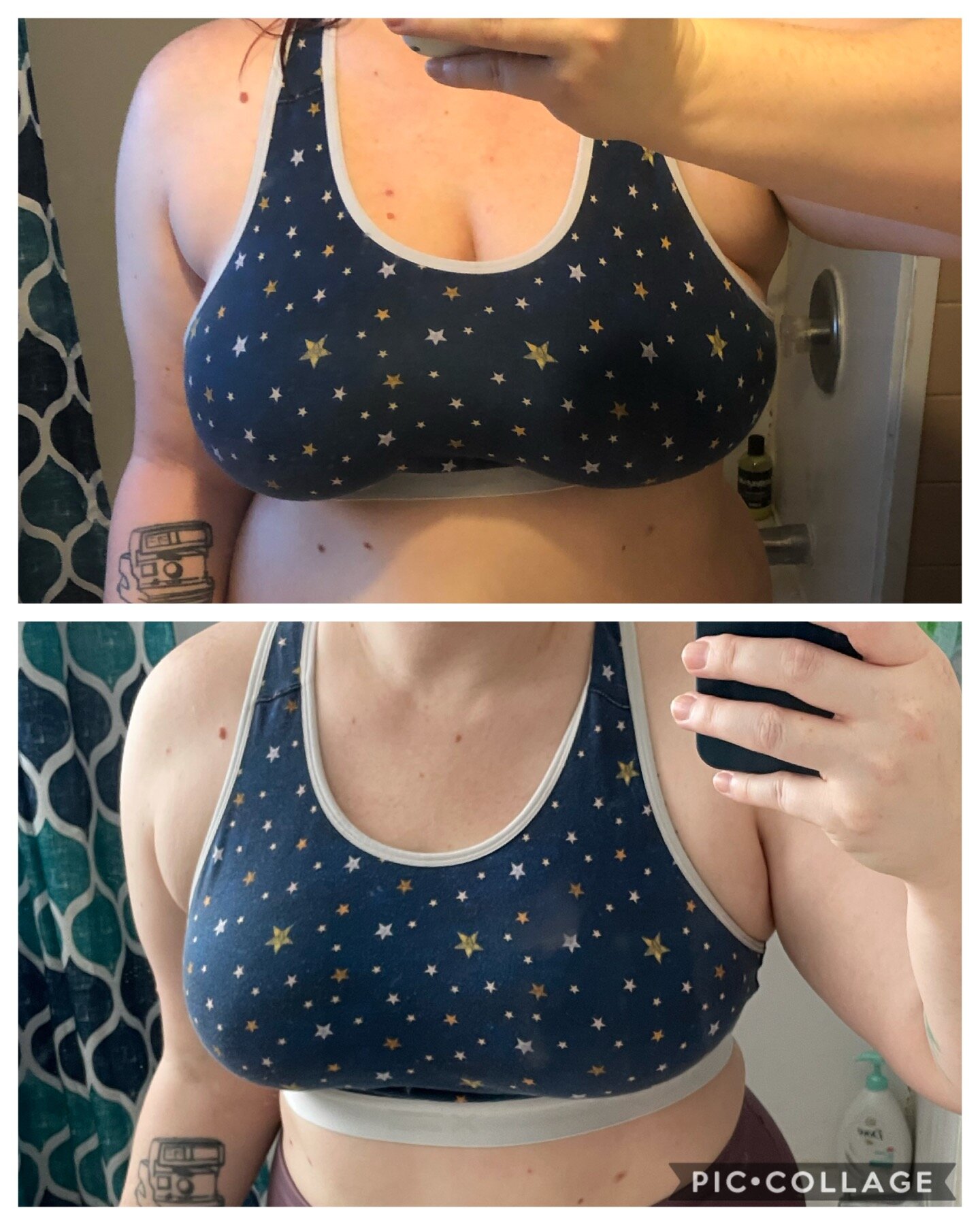
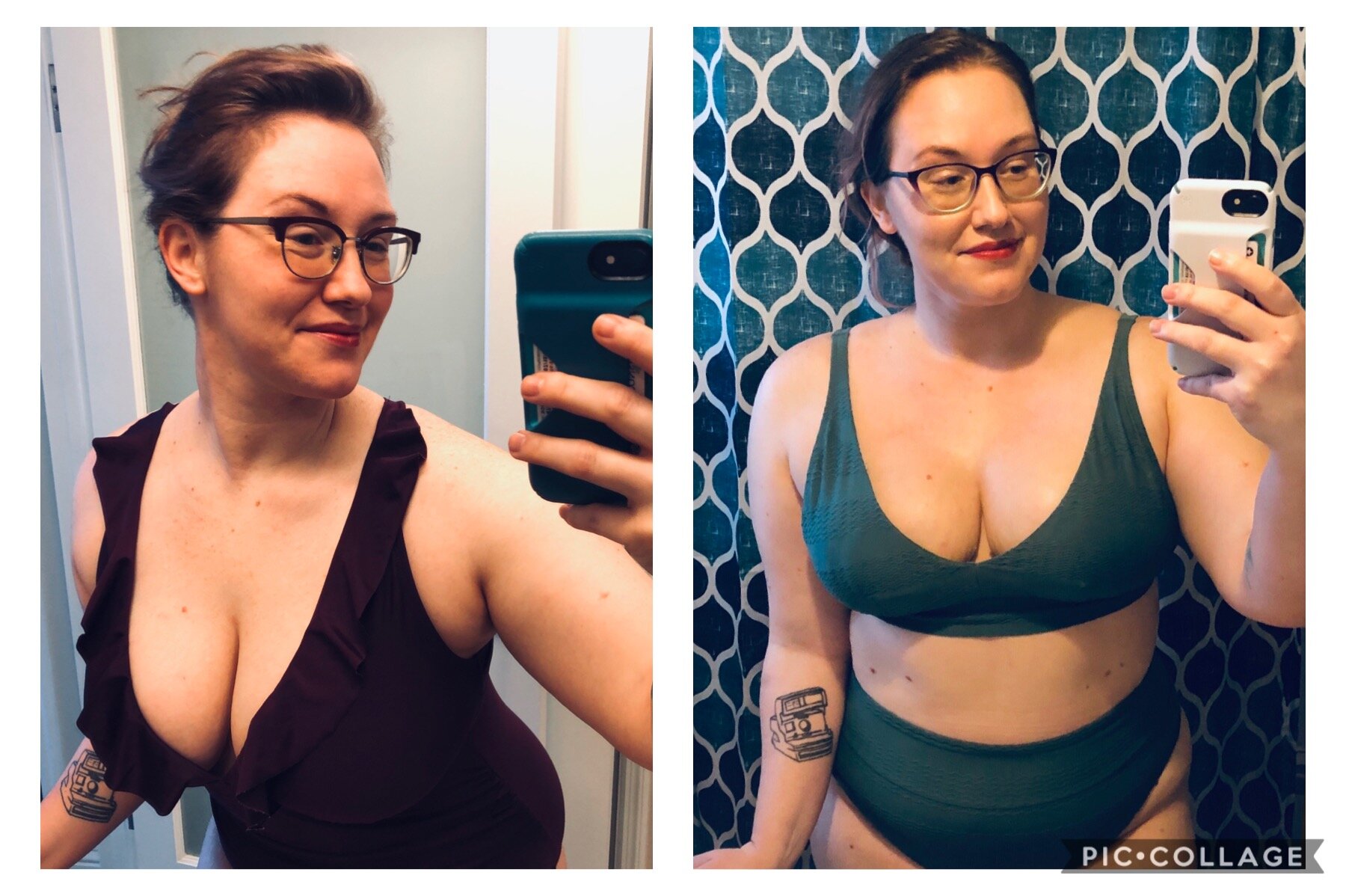

Here’s a little Q&A about my experience with a breast reduction you might find helpful, and the whole story is here.
What made you decide to get a breast reduction?
I have hypermobile Ehlers-Danlos Syndrome (hEDS) which causes, among other things, chronic joint pain, joint instability, dislocations, and early-onset osteoarthritis. My large breasts were contributing to a huge amount of back pain and while a breast reduction wasn't a magic bullet, I can say that my back, shoulder, and neck pain has already been significantly reduced. Also, I just wanted to be able to move around in the world more easily. I wanted to be able to buy a bra in a normal store and not have it cost me $85 special-ordered off the internet. I'm now able to buy bras (and bralettes!) off the rack at target, even as a plus size babe, for like $10 or $15 and it's amazing. Exercising is so much easier, and frankly everything is easier with smaller boobs. I'm so happy with my decision.
What were you most worried about prior to surgery?
I was scared of lots of things. I've always been the girl with the big boobs, and I was worried I would look disproportionate with smaller ones (I'm a little more pear-shaped but I love it). I was worried the surgery recovery would be really difficult (and it was honestly, though not as bad as I thought). I was worried about more serious complications like losing a nipple (thankfully that's fairly uncommon, and I didn't have anything like that occur). I was worried that I'd be very self-conscious about my scars (they're certainly noticeable but I think they'll fade and they don't bother me). I was worried my husband would be less attracted to me (he loves the new girls, so this was an unfounded fear). I was worried I'd regret it for some other reason I couldn't even think of at the time (but I have literally no regrets).
How did you talk with your partner about the breast reduction before surgery?
This was easier in my case because he brought it up first, but it was still hard nonetheless. I was honest with him that I was concerned about whether he would find me as attractive, and that was very vulnerable to say, but it gave him plenty of opportunities to reassure me prior to surgery. If you have a partner who doesn't always know the "right" thing to say in those situations, it's okay to ask for the type of reassurance you need. I also set some boundaries around grieving my old boobs. I asked him to remember that if he ever missed my old boobs post-surgery, that this was perfectly normal and valid, but that it was really important that he not share those thoughts with me. He could talk about them with a close friend, write about them in a journal, whatever he needed to do, but it was important that I not hear something like that after surgery when I had no way of changing the fact that I had surgery. Luckily he loves my new boobs, as I hoped he would, but I think that was an important boundary to set ahead of time for my own mental well-being. I was also up front about the amount of help I would need during my recovery, so he could take some time off work and be prepared for taking on the bulk of the house duties during that time period.
Did you do anything to prepare for surgery that you would recommend for others going through this process?
Because of who I am as a person, I did a TON of research on my own, and as a part of an amazingly supportive Facebook group called Breast Reduction Surgery (Answer questions to join). It was so helpful to read people's stories and see over and over again how even people who had some serious complications (serious ones are rare) still did not regret the surgery, and were happier for having had it. This helped me feel more confident that I could get through the bad parts in order to be able to enjoy life more with smaller boobs. In my case, it was also helpful to use the Facebook group search function in my EDS groups to read about the breast reduction experiences of others with hEDS. This helped me get over my fear of major surgical complications (which are certainly more common in people with EDS/hEDS, but as one very wise woman wrote, "It may take us longer, but we do heal"). This next part sounds like a little thing, but it's really helpful. I took a lot of "before" photos (both with a bra and without a bra as well as in a few of my favorite outfits) so that I would have some comparisons during healing. It's easy to forget just how large your breasts were, and I wanted to be able to see the difference on days when maybe healing was going slower than I'd like, etc. It was very helpful to have these! I also started drinking a protein shake the week prior to surgery and continued supplementing protein through week 3 post-surgery, to aid in healing.
What items did you get ahead of time to prepare for recovery?
A pregnancy pillow and/or a wedge pillow (I used both) to help me sleep elevated and reduce swelling
Button up shirts (so I didn't have to lift my arms over my head)
A flexible shower head and a shower head holder that could be put at torso height
A shower stool (a lot of folks get dizzy the first few times they shower after surgery - I didn't end up feeling that way, but it was good to be prepared)
Tylenol & Advil
Stool Softener (pain meds and anesthesia can wreak havoc on a person's GI stuff, so best to have this on hand I thought)
Bacitracin (not Neosporin - most surgeons don't recommend using Neosporin apparently)
MediHoney (for wound openings)
Aquaphor (also for wound openings)
Impact Advanced Recovery Shakes (recommended by my surgeon) which are super gross but aid in post-surgery healing
Core Power Chocolate Protein Shakes (much better tasting and cheaper than the Impact Advanced Recovery shakes, so I used them after the first week to keep my protein intake up without making myself gag)
Medical gauze
8x11 ABD pads
Soft tank tops to wear under the post-surgical bra (most people are sent home with a post-surgical compression bra following surgery, but the fabric isn't super soft)
Dry shampoo (which I didn't need as much as I thought I would, but everyone is different, and I was glad I had it on hand just in case)
BioOil and Biocorneum (for moisturization and scar treatment after all my incisions were fully closed)
Cheap, comfy sports bras and supportive bralettes (for after I was cleared to stop wearing my post-surgical bra)
What was your starting bra size and what size are you now?
I started off at a 38H (though was likely a little bigger) and I'm currently measuring at a 38DD or 40D. I still have swelling though, so once I'm closer to six months out, I'll likely be closer to a 38D or 40C, which was exactly what I was hoping for.
How much did they remove during surgery?
I had 1000g removed on one side, and 1001g removed from the other, as well as 300ml on each side removed via lipo (which was included in the breast reduction procedure, targeted towards that "side boob" area). Right around 5lbs total was removed altogether.
Did you have a free nipple graft?
No. I was able to have a fairly large reduction without needing a free nipple graft. A free nipple graft is when they have to detach the nipple and areola entirely (severing the blood flow) and then graft it onto the re-formed breast after surgery. This is usually needed when breasts are not only large but very pendulous. It means that breast-feeding and nipple sensation would no longer be possible. The majority of breast reductions can be accomplished without a free nipple graft. If your surgeon insists that you need one, I would recommend getting a second opinion.
Did you lose any sensation after surgery?
For the most part, no. I have fully sensation in my right breast and nipple, and nearly full sensation in my left breast, with part of the nipple still numb (but responsive to temperature). It's likely that I'll regain full sensation by the time I'm six months post-op. Even if I don't, I'm still very happy with my results and have no regrets.
What were the hardest parts about post-surgical recovery?
There's the obvious stuff like being in pain, or not being able to get comfortable, having to sleep on my back (elevated) when I'm not a back sleeper (it was torture), and being exhausted all the time because my body was using a lot of energy to heal. The area where they did the side lipo was by far the most swollen and the most uncomfortable, and the most tender for the longest amount of time. But then there's the not so obvious stuff like not being able to hug my family, not being able to connect physicially with my partner, needing to sleep in a different room (in my case) to accommodate all the extra pillows I needed to get any good rest, and the emotional weight of healing lasting longer than I wanted it to. These are things I wasn't as prepared for (the hugging and physical connection especially). They're not insurmountable and again, I have no regrest about having the surgery, but there are some down sides at first that it's good to know about ahead of time. The other thing is how hard it is not to do too much too soon. Make sure you take it easy, and build in plenty of help for yourself if you can, especially if you're a parent, or have a very physical job to return to.
Does a breast reduction surgery make your stomach look bigger?
I mean... yeah, kind of. But here's the deal. Your tum was there the whole time, and there is nothing wrong with your tum. All tums are good tums. So will you see your stomach a bit more without giant breasts covering it up? Yes. But I'd gently encourage anyone holding off on surgery for this reason alone to think about their overall quality of life, and if seeing a bit more of a their tum is really more important than gaining some pain-free days back. I am personally embracing being a bit more pear-shaped now, and while I was worried about working through my emotions on this topic, it hasn't been as hard as I thought it might be, and when it does come up, I remind myself that my tum is awesome, and all my tops fit better, and that helps.
What's one thing you know how that you wish you'd know before surgery?
One thing I didn't know before surgery is that small openings are very common. So while I was more likely to have openings and wound healing complications/delays in general because of hEDS, it's not as though no one else ever has openings. They're super common, and it takes quite a while (5-6 weeks for most people, 8-10 weeks for me) to be "out of the woods" for openings. It can feel demoralizing to have an opening, but they're very common, and most heal on their own without major intervention. It's just part of the process. Healing from a breast reduction is a marathon, not a sprint.
What are some benefits you've noticed since surgery?
I have not had my back go out once since surgery (almost 2 months ago) when it used to go out about once a week
I can breathe so much easier
All of my tops fit better (graphic t-shirts look MUCH better on me now)
I can now buy $10 and $15 bras and bralettes off the rack at Target, which is a thing I could never dream of doing before
It is so much easier to exercise, and so much more comfortable (TMI: less underboob sweat!)
I can go braless if I want (again, a thing I never thought I'd be able to do)
I have more confidence in general about how I look in clothing, and because my boobs aren't the first thing people notice about me now
What's the number one piece of advice you'd give someone considering a breast reduction?
Join a group where you can ask questions of people who have been there. Do your research and don't just focus on all the bad things that can happen, focus on how happy the vast majority of people are following their reductions. How it's changed their lives for the better. Talk with your doctor and see what the process might look like for you, and even if it's scary, remember that breast reductions have the highest patient satisfaction rate of just about any surgery performed by a plastic surgeon. Truly, this is a life-changing surgery, and if it's something you end up doing, I'm so happy for you, and you're going to do great!
-Sam

If you’re wondering what kinds of gifts might be useful for a friend or family member with chronic pain or illness, hopefully this little list can give you some ideas!
When you’re suffering from chronic pain, fatigue, or illness (or all three), sometimes you need a little distraction or a way to keep your hands busy. If the person you’re shopping for wants a creative and funny outlet, check out these awesome coloring books and some colored pencils
Coloring Book: Unicorns are Jerks
Coloring Book: Mer-World Problems
Colored Pencils: Prismacolor 72 Colored Pencil Set
There’s not much more comforting than a nice cup of tea or hot chocolate, and if you’re sipping it out of a great mug, one that keeps your hand warm even, it seems even better (or is that just me). If your friend or family member has chronic pain, small comforts are going to mean a lot, so check out some ideas for some cozy sipping!
Hot Chocolate: Land O Lakes Cocoa Classics Variety Pack
Tea: Yogi Stress Relief Herbal Tea Variety Pack
Mug: Handwarmer Mug
Getting comfortable is hard AF when you’re in pain, and for some, temperature control can also be difficult, so how about helping someone by getting them set up with some body pillows and a heated blanket, complete with a little foot pocket?
Blanket: Heated Blanket with Foot Throw
Pillow: Full Body Pillow with Memory Foam Fiber
Many people with chronic illnesses or chronic pain struggle with their body image. It can be difficult to love a body that gives you such a hard time. Here are a few reads that can help your friend or family member process the difficulty of chronic illness or disability, while supporting the idea that we’re all worthy and valuable, chronic illness or not.
Book: The Body is not an Apology
Book: How to be Sick
Self-care isn’t all about baths and spa treatments, but it sometimes includes those things, and that’s great. If your friend or family member is able to take baths, I have some good recommendations below, but if not, there are also a few recommendations that can ‘bring the spa’ to them! If you want to really go all out, consider getting them a massage gift certificate!
Overflow Drain Cover (to give a few more inches of water in the bath): Bottomless Bath Overflow Drain Cover
Bath Salts: Dr. Teal’s Milk & Honey Epsom Salt Bath
Bath Bombs: 24 Organic Bath Bomb Set
Bath Pillow: Ultimate Relaxation Bath Pillow
Bath Tray: Royal Craft Wood Luxury Bathtub Caddy Tray
Foot Spa: Foot Spa Bath Massager with Heat
Back Scrubber: Exfoliating Back Scrubber
People with chronic illnesses spend a lot of time waiting. Waiting to feel better. Waiting at doctor’s offices. Waiting for test results. Waiting for meds to kick in. There’s just a crap ton of waiting. Sometimes it’s nice to have a light and easy e-reader to carry around that has some favorites books on it, so if you’re going for a larger gift, perhaps a waterproof kindle is a good way to go.
E-Reader: Kindle Paperwhite Waterproof E-Reader
Here’s a secret you may not know about your friend or family member with a chronic illness; They need more help than they are asking for. Give them some help coupons, offer to assist them with household chores or errands, or just ask how you can best support them. It all helps, and means more to us folks dealing with chronic pain or chronic illness more than we can say.
—Sam

Ingrid Michaelson: Keep Breathing
Rilo Kiley: The Execution of All Things
Guster: What You Wish For
Nada Surf: Always Love
Neko Case: I’m an Animal
Ryan Adams & The Cardinals: Let It Ride
Clem Snide: All Green
Belly: Feed the Tree
Black Rebel Motorcycle Club: Echo
Laura Veirs: Spelunking
Iron & Wine: Flightless Bird, American Mouth
Lord Huron: Until the Night Turns
Lana Del Ray: Born to Die
The Weakerthans: Slips and Tangles
Yo La Tengo: Sugarcube
Sufjan Stevens: Casimir Pulaski Day
Annie Lennox & Steven Lipson: Don’t Let it Bring You Down
The Coral: Pass It On
Avenue Q Musical: For Now

I had a rough night last night. Couldn’t sleep for anything, was having a pain flareup, had the start of a wicked headache (plus cramps, because being a lady is rad); you get the picture.
After clocking tops three hours of sleep combined, I decided to take the day to rest, and unsurprisingly felt incredibly guilty. Guilty for missing out on work I felt I should be doing, guilty for taking a day to not be productive (though I still watched some tutorials from bed and did dishes, so… Not entirely unproductive). The point is, I took a rare rest day, and felt so bad about it the entire time I basically ruined it.
All these thoughts go through my head in times like this. Thoughts that I’m a failure (for needing the rest) that I’m lazy (for not being productive enough), or that I’m a fundamentally bad person in some deep, intrinsic and ill-defined way. I enumerated in my head the ways in which I’m a bad mom, a bad wife, a bad business owner, a bad worker, a bad friend, and used my need for rest as yet another stick to beat myself with.
It can be so. damn. hard. to get out of that shame cycle once you’re deep in it, right? It always reminds me of this song by Emmylou Harris, Red Dirt Girl. There’s a line in the song that goes like this; “One thing they don’t tell you ‘bout the blues when you got ‘em, you keep on fallin’, cuz there ain’t no bottom, there ain’t no end.” It speaks so much to how I feel when I’m in the middle of one of these episodes.
I’ve been reading a lot of about self-compassion lately, and it just so happens that I was finishing a chapter on it while I was deep in my feels (you know, all the “you suck and you’re letting everyone down” feels), and I took a breath, and decided to ride it out. Decided I didn’t have to go deeper into Pit ‘O Shame, but could call it what it was, which is fundamentally untrue, while still honoring that I was feeling depressed about it. I did a sit (which is what we call meditating at my house, and I actually do it lying down because my back is so bad), hugged my husband and my kid, pet my kitty as much as she would let me, and just tried to recognize that this too shall pass.
The concept (and practice) of self-compassion is very new to me. I’m hard on myself as a general rule, and learning to give myself grace and the room to have, oh I don’t know, human needs and flaws and things, has been really difficult and really slow going.
I don’t have a snappy ending for this post, or even a point really, other than that depression and shame are hard, but wanted to get it out there in case anyone else is struggling too. You’re not alone, this being a human being shit is not for the faint of heart, and even when it feels like you couldn’t possibly, I hope that you can find just a teeeeeeeny bit of self-compassion within you, and use that to start to work your way back up out of that dark place. Start small, remind yourself you’re a human being and you’re doing the best you can, and let’s see where we both go from there.
-Sam